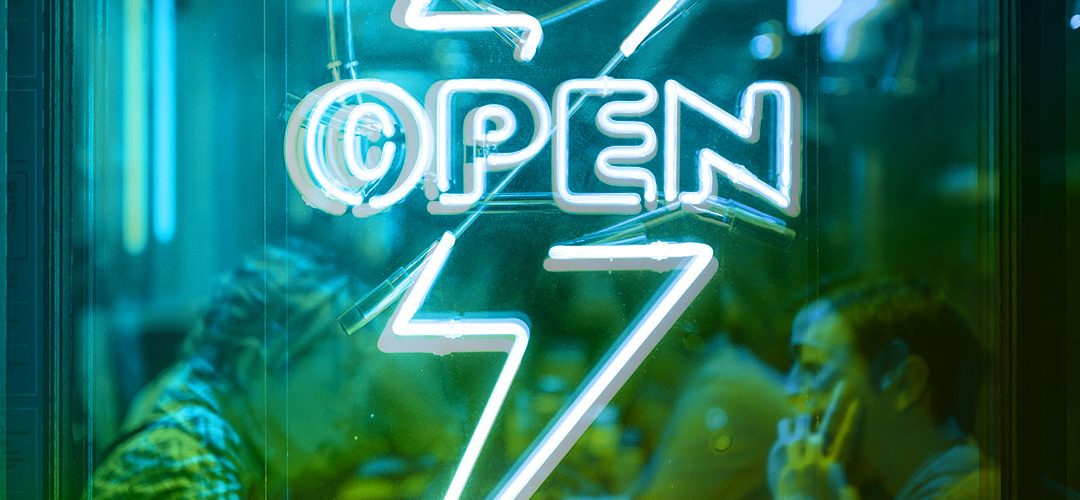Open letter to the EU parliamentarians who have so far spoken out in favour of a compromise on a copyright directive.
(For a list see How Your MEPs Voted on the Article 13 #CensorshipMachine).
Reading time: 2 min.
Dear ladies and gentlemen,
in the midst of general excitement over the Copyright Directive a few rational tones:
The rules of the Internet are just being written. In the interests of the common good and future generations, we Europeans see it as our duty to set a few stakes here for a durably free and pluralistic society. This includes avoiding upload filters, which must be regarded as a censorship infrastructure.
The much-discussed Article 13, in its current form, is formulated in contradictory terms:
„online content sharing service providers shall be liable for unauthorised acts of communication to the public of copyright protected works“
and
„this article shall not lead to any general monitoring obligation”
does not go together in practice. Even without an explicit obligation, preventive scanning of uploads will be the only practical way to implement the directive.
The consequences are foreseeable: The well-intentioned exceptions will come under constant legal fire, so that users and small players will no longer dare to produce e.g. satirical content in an unrestricted manner. Anyone can reclaim any content for himself and thus banish unwanted content from the Internet for hours, days or months. Countries like Russia or Turkey would be encouraged by European laws to introduce political filter criteria under legal pretexts.
There would be other possibilities to quickly, smartly and decentrally detect and warn about copyright infringements and to sharpen the general awareness for a fair dealing with them. Google & Co. would come into a monopoly position, which with Content ID as a service would lead to an enforced conformity of the Internet.
In short, Article 11 would not lead to the desired results either. The powerful IT coporations know how to react quickly to this Lex Google with adaptations and quasi-dictated licence agreements. Right now, Google News is nothing more than a collection of headlines, which cannot be cautioned. The impetus for saving the press must come from here, but from more attractive payment models. Unfortunately, the press started to do their homework very late.
The rights of creators and authors are not reasonably enforced by the present proposal (with buy-out contracts contradicting the inalienability of copyright). Journalists’ associations are now against it. The Bertelsmann Group has also lowered its thumb. With the adoption of the Copyright Directive, the EU would send a fatal signal of centralistic paternalism to its citizens – in terms of form, but also in content.
Conclusion: Even if it is difficult after years of tough struggle – please take into account that during this process lobbyists simply put the cart before the horse for their particular interests. The set of rules now to be voted on is not conclusive in itself and would lead to negative effects that cannot honestly be denied. We ask you to reject it.
Yours sincerely
Peder Iblher
Rapporteur on Digital Fundamental Rights
Giordano Bruno Foundation
PS: In our 2018 position paper “How should IT work?” we warn against overblocking and the practice of making decisions on freedom of expression “in case of doubt against the defendant”. You can download the brochure here as a PDF file.
<<
Photo by Andy Kirby on Unsplash

